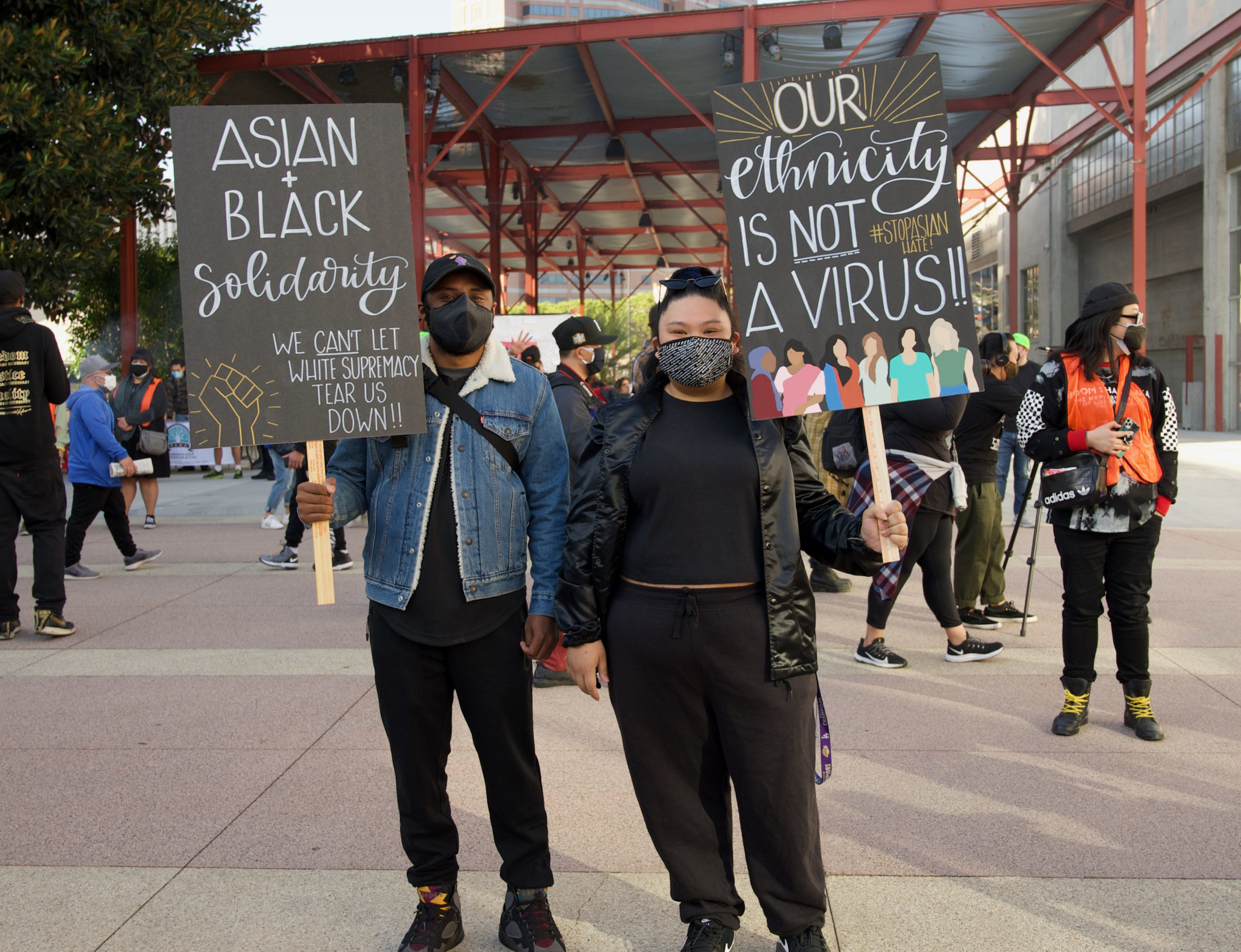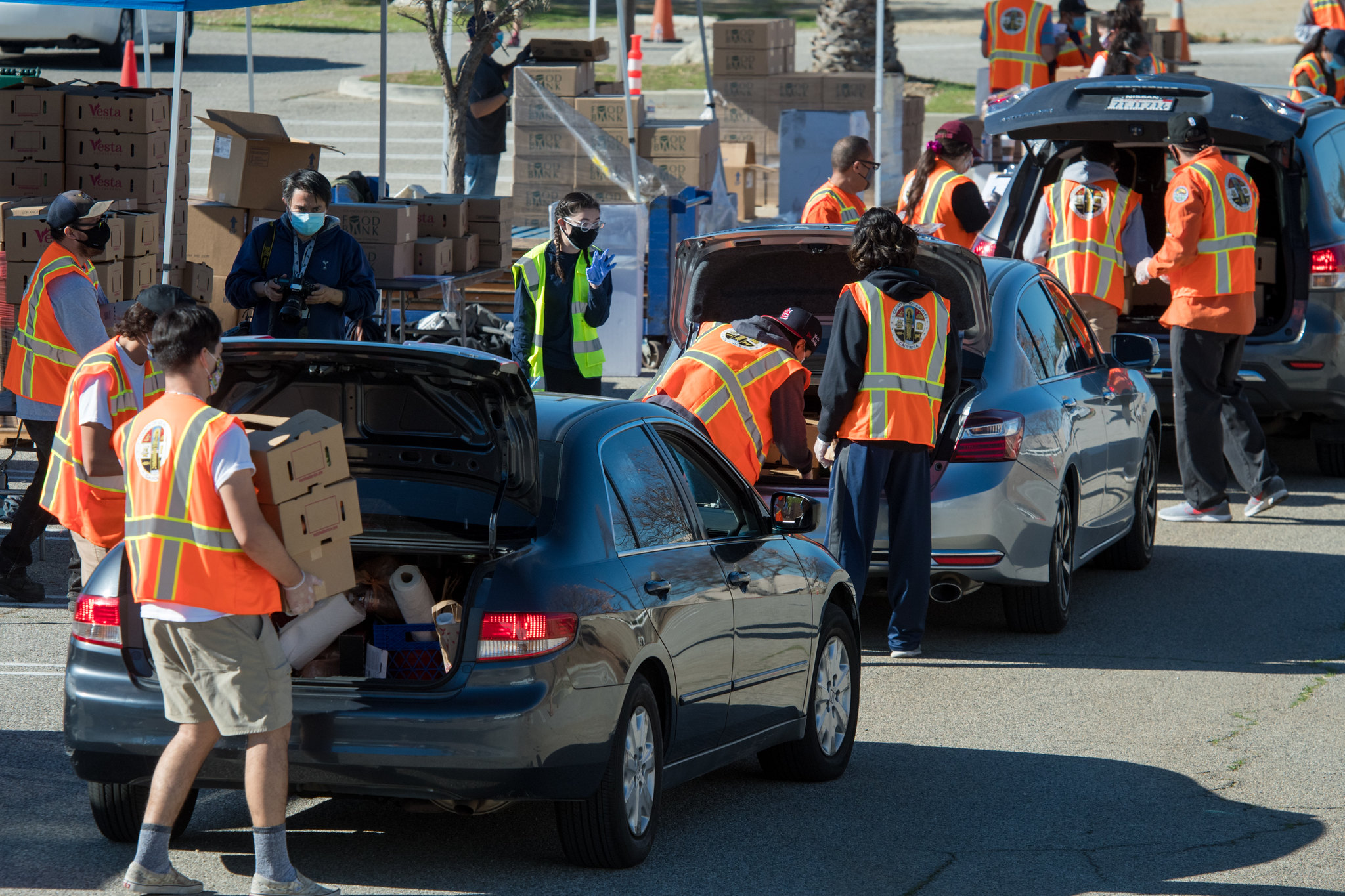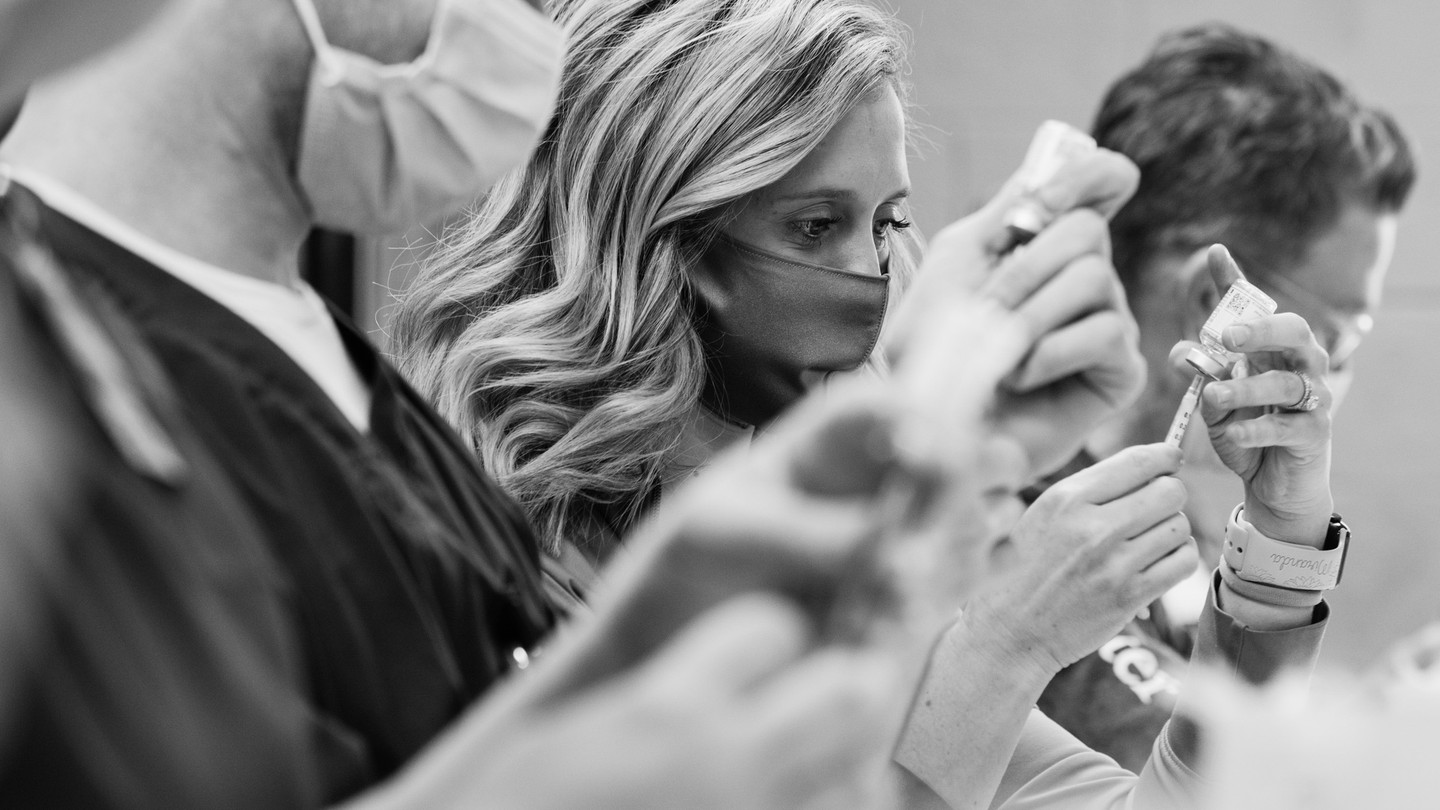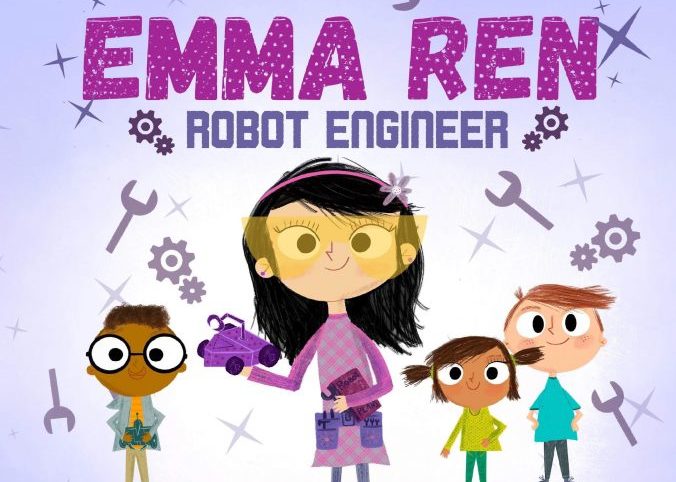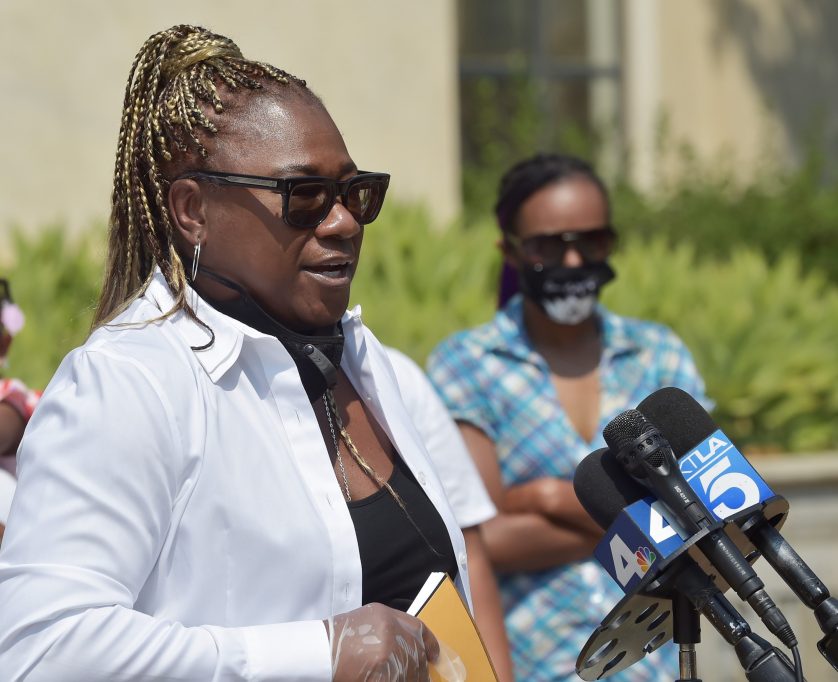A recent study based on police department statistics from 16 major cities across the U.S. found that anti-Asian hate crimes increased 149% in 2020; Los Angeles had a 114% change in anti-Asian hate crimes.
Anti-Asian crimes have been rising to historic levels across the nation during the pandemic. According to a report by Stop AAPI Hate (Asian American Pacific Islander) — a center which tracks and responds to incidents of hate, violence, harassment, discrimination, shunning, and child bullying against Asian Americans and Pacific Islanders in the United States — between March and October 2020 in Los Angeles County, 76% of reported incidents to the Stop AAPI Hate organization involved verbal harassment and 37% were committed in a public street, sidewalk, park or recreation area. Stop AAPI Hate also shares tips on what to do if you experience or witness hate in your community.
Tanny Jiraprapasuke, a Southern California resident, was a guest speaker at a recent event, hosted by the Japanese American National Museum, called “Love Our Communities in Los Angeles.”
Jiraprapasuke recounted being verbally attacked because of her Asian ethnicity while riding the Metro Gold Line. She captured the experience on her phone and the video went viral on social media in February 2020.
She described being terrified on the metro that Saturday night and said that she since suffers from anxiety. She constantly worries for her sister and mother who ride the train.
“That day I lost my freedom. I no longer feel safe in my own neighborhood and I no longer feel safe riding the train.”
Love Our Communities is one of many recent events in which hundreds have gathered in support of local Asian communities.
Advocates say the dramatic surge in anti-Asian hate crimes is due to the way the pandemic was racialized by the former administration. But it is also part of long-standing systematic discrimination against the Asian community in this country.
A local senior citizen was part of the hundreds in attendance and shared with me her recollection of being bullied when she was a child attending school in Alhambra. Despite being a third-generation Japanese American born in California, she endured xenophobic treatment in school and told me nobody would come to her aid.
“The kids in my school at the time would shout things at me like ‘You dirty Jap!’ in front of school faculty and I would ask my teachers for help and teachers would not protect me but rather say to me that I was just misunderstanding them.”
The former San Gabriel Valley resident is part of an all-volunteer group called Save Our Seniors (SOS) in Los Angeles. The group is organizing a candlelight memorial in Little Tokyo on March 20 in honor of Japanese Americans who lost their lives to coronavirus and will advocate for an end to evictions or transfers of seniors during the pandemic.
Anne A Cheng, a comparative race scholar and professor at Princeton University, stated in a recent CBS News article that the Asian American and Pacific Islander community is perceived as a “privileged minority” which is often used as an excuse to not address important issues affecting the community. “It’s one of the great ironies of American racial justice, that you only get attention when you are really being abused,” she said.
Despite the alarming rise in anti-Asian hate crimes, advocates fear the reality may be worse and that incidents are going unreported due to fear of coming forward. They anticipate that hate crimes against Asian American communities will continue as COVID-19 restrictions are lifted.
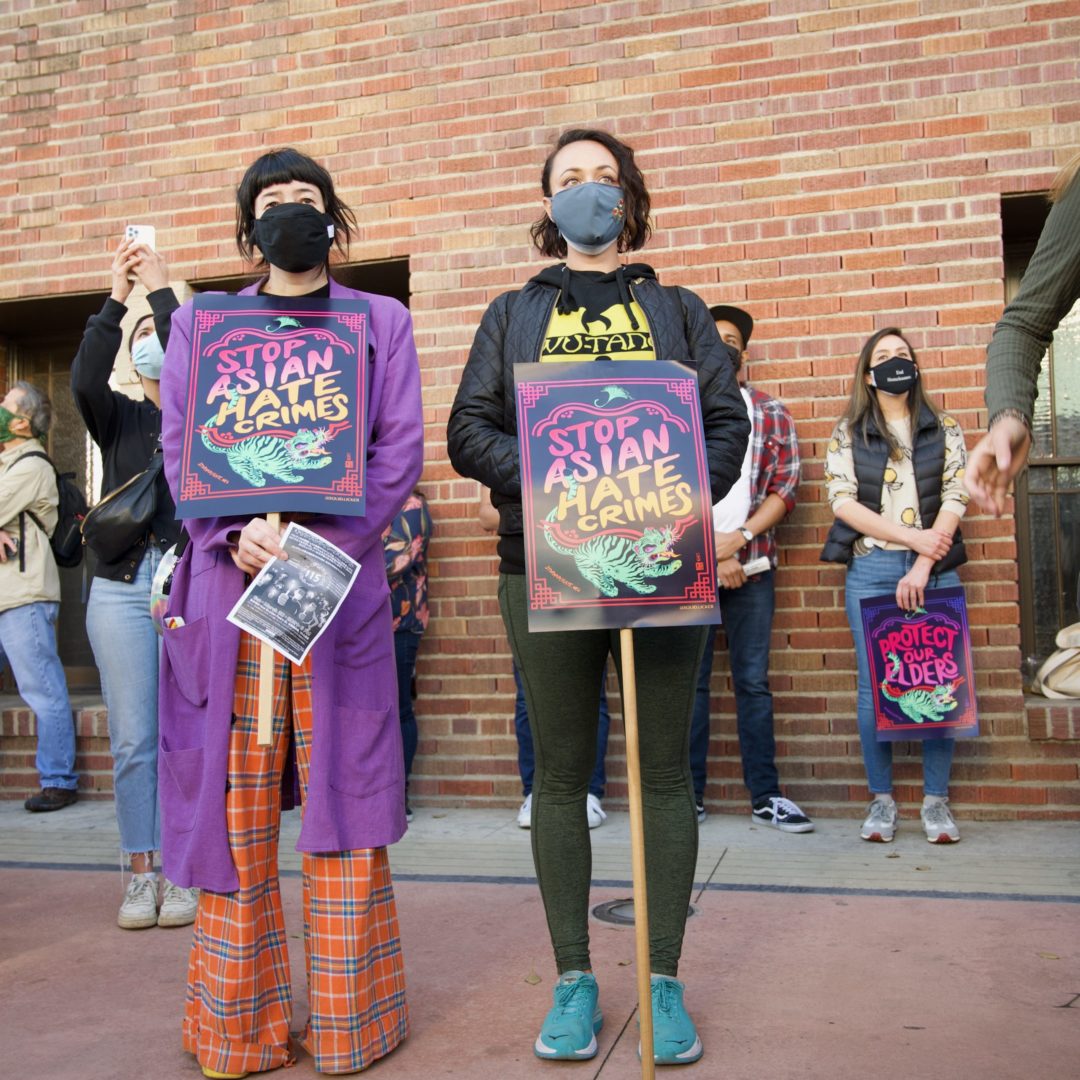
The constant fear among Asian communities grows stronger as hate crimes get more aggressive and deadly.
Last week, KTLA reported an alleged verbal assault against a Filipino American Uber driver at LAX where a bystander heard the insults and stepped in to defend the driver. The driver started recording the incident after he was called an “Asian piece of —.”
Last month, Los Angeles Mayor Eric Garcetti released a statement following an attack on an Asian American Air Force veteran in Koreatown.
“L.A. has zero tolerance for bigotry or racism. I am deeply disturbed by both the rise in hate crimes directed at our Asian American and Pacific Islander neighbors and this recent incident in Koreatown,” he said. “I want to send a clear message: to our AAPI communities, we stand with you, we will do everything in our power to protect you from these senseless attacks. To all those who would perpetrate violence against our fellow Angelenos, you will be held accountable for your actions.”
In Orange County, at the Irvine Civic Center, a non-partisan grassroots movement called Stand for Asians Solidarity organized their third rally to raise awareness about anti-Asian racism. Congresswoman Katie Porter was among their list of speakers. Porter and Congresswoman Michelle Steel have worked on a bipartisan resolution, H.R. 153, condemning anti-Asian hate crimes that was introduced to the House of Representatives last month.
President Joe Biden also wasted no time in releasing an executive memo in late January, shortly after his inauguration, condemning racism against Asian Americans. In the memo, Biden recognized that the federal government has contributed to the xenophobic sentiments through the actions of political leaders.
“Despite these increasing acts of intolerance, Asian Americans and Pacific Islanders have made our Nation more secure during the COVID-19 pandemic and throughout our history,” he said. “An estimated 2 million Asian Americans and Pacific Islanders have served on the front lines of this crisis as healthcare providers, as first responders, and in other essential roles. The Federal Government should combat racism, xenophobia, and intolerance against Asian Americans and Pacific Islanders and should work to ensure that all members of AAPI communities — no matter their background, the language they speak, or their religious beliefs — are treated with dignity and equity.”
Then on Tuesday, eight people, including six Asian women, were killed in three shootings at Atlanta-area spas. “A crime against any community is a crime against us all,” Atlanta Mayor Keisha Lance Bottoms said in a statement.
Biden has been briefed by Attorney General Merrick Garland and FBI Director Christopher Wray. Biden said Wednesday that though the motivation behind the shootings has not yet been determined, he knows “Asian Americans are very concerned.”
The administration has been in contact with Atlanta officials and Vice President Kamala Harris expressed solidarity with the AAPI community.
“It is tragic. Our country, the president and I and all of us, we grieve for those lost. Our prayers are with the families of those who have been killed. This speaks to a larger issue, which is the issue of violence in our country and what we must do to never tolerate it and to always speak out against it,” she said.

